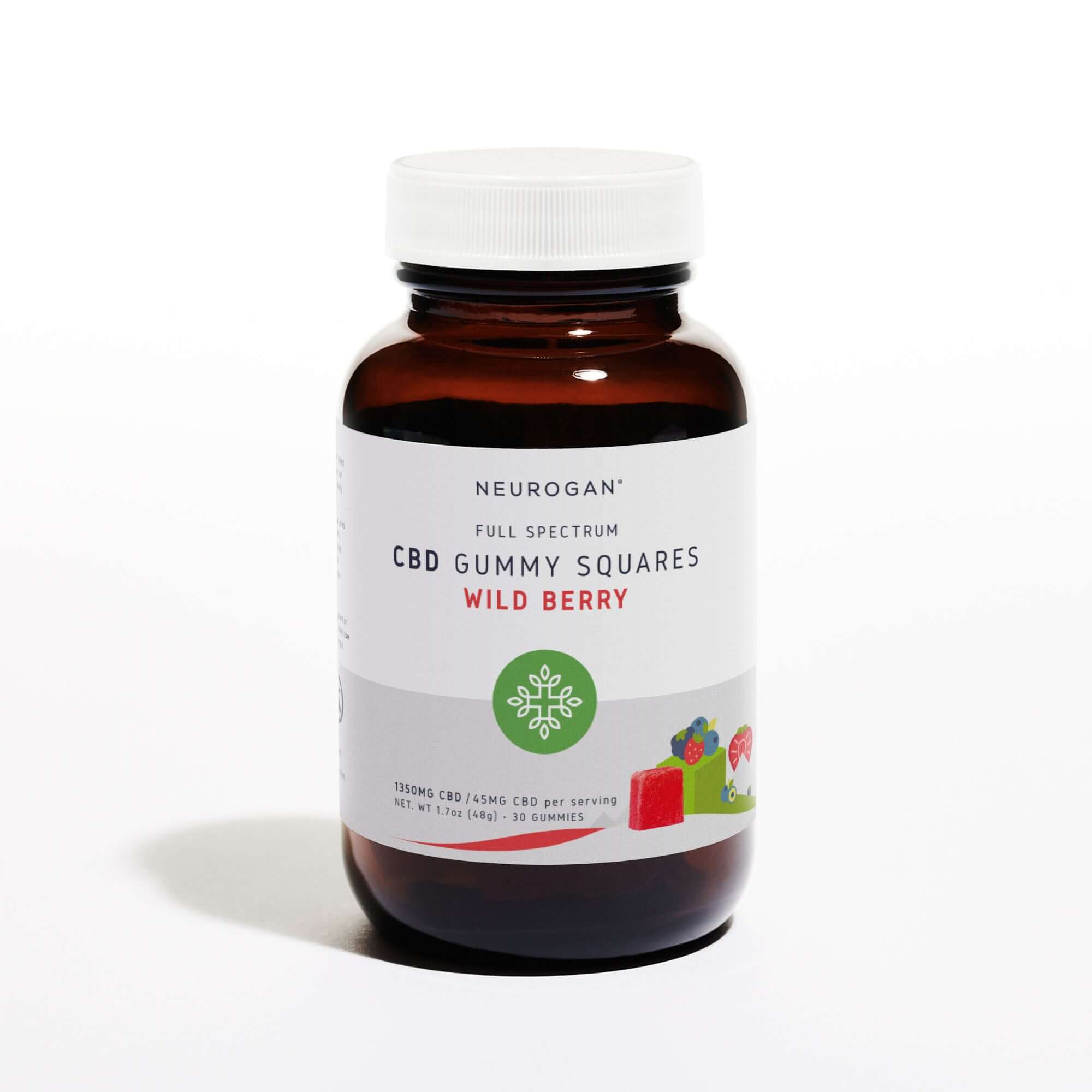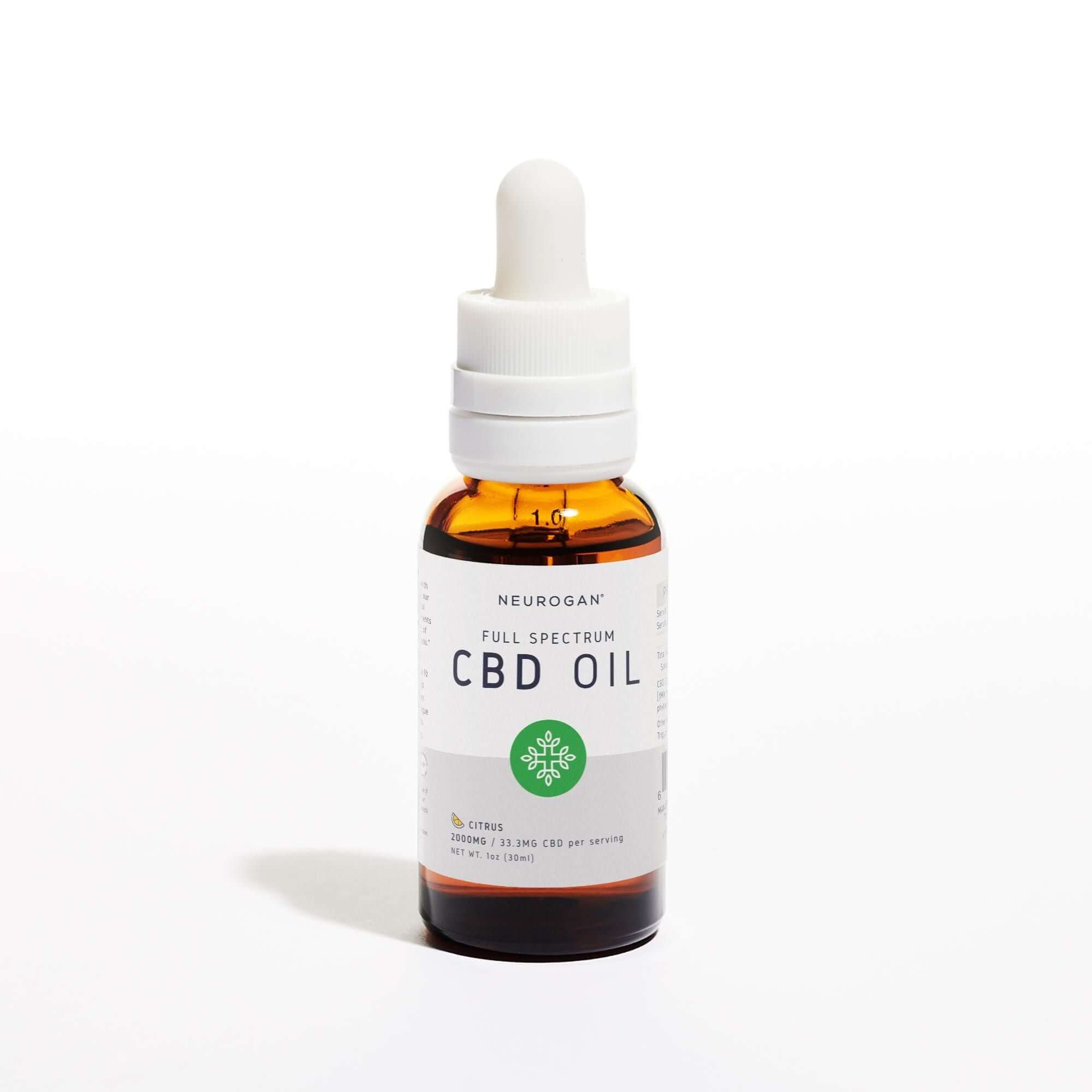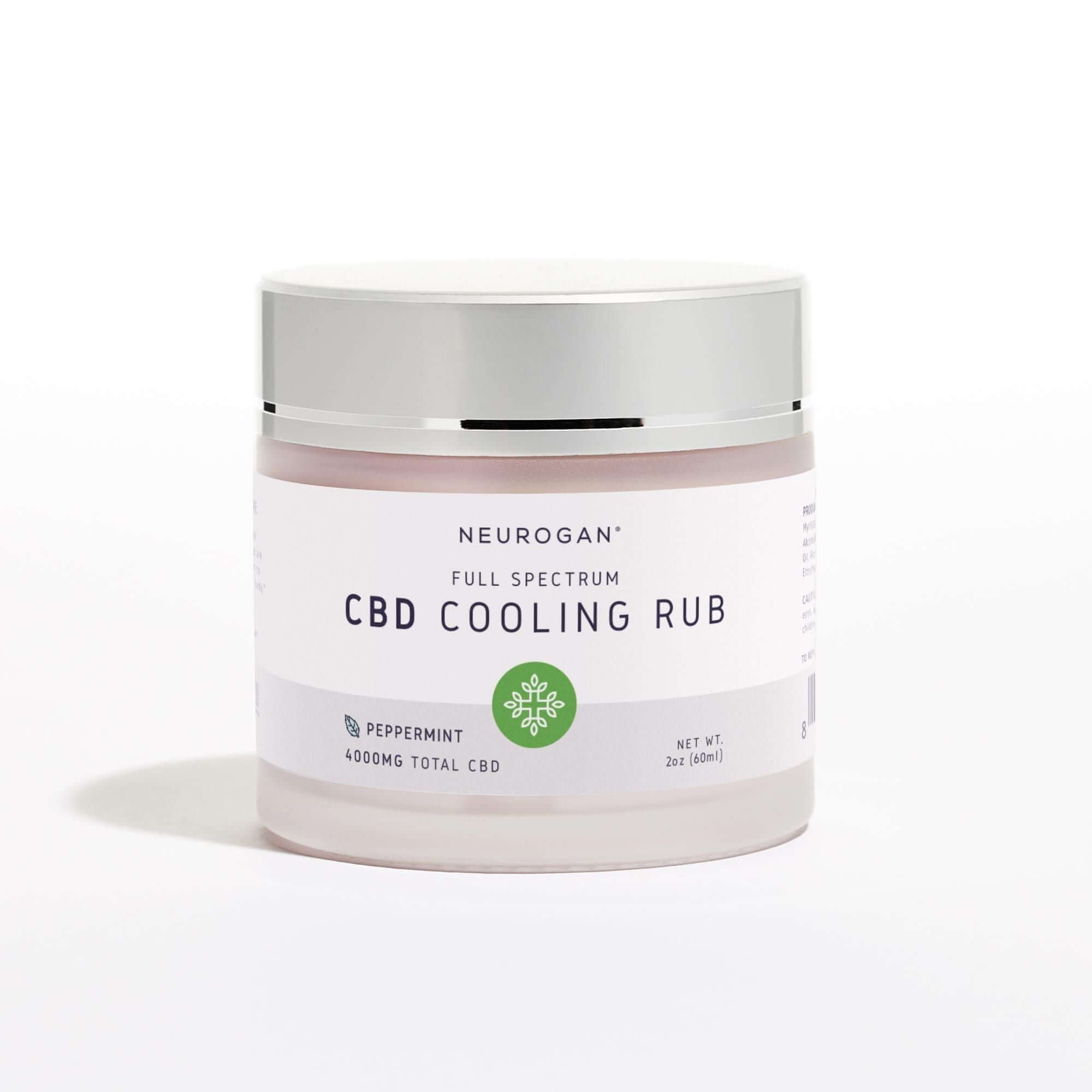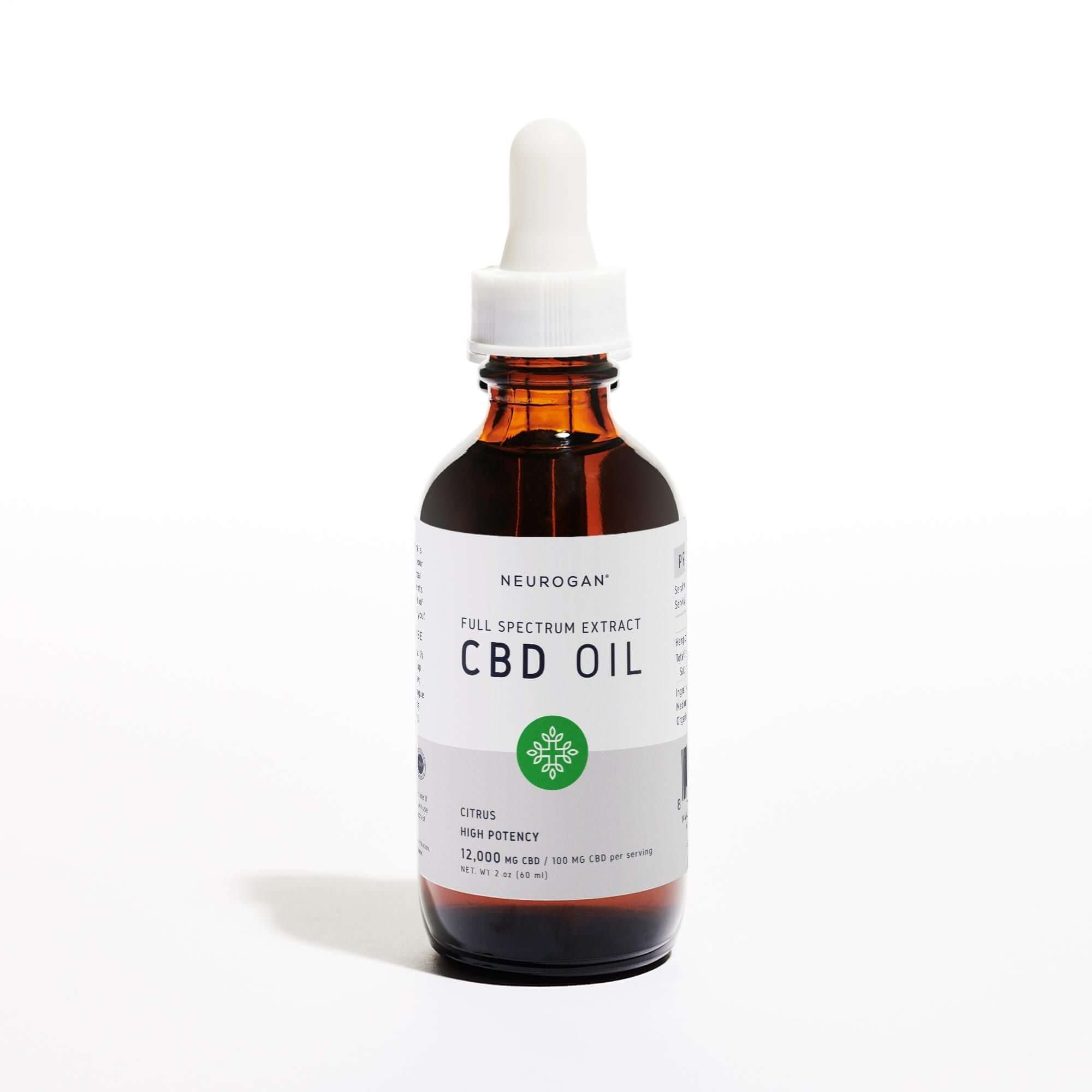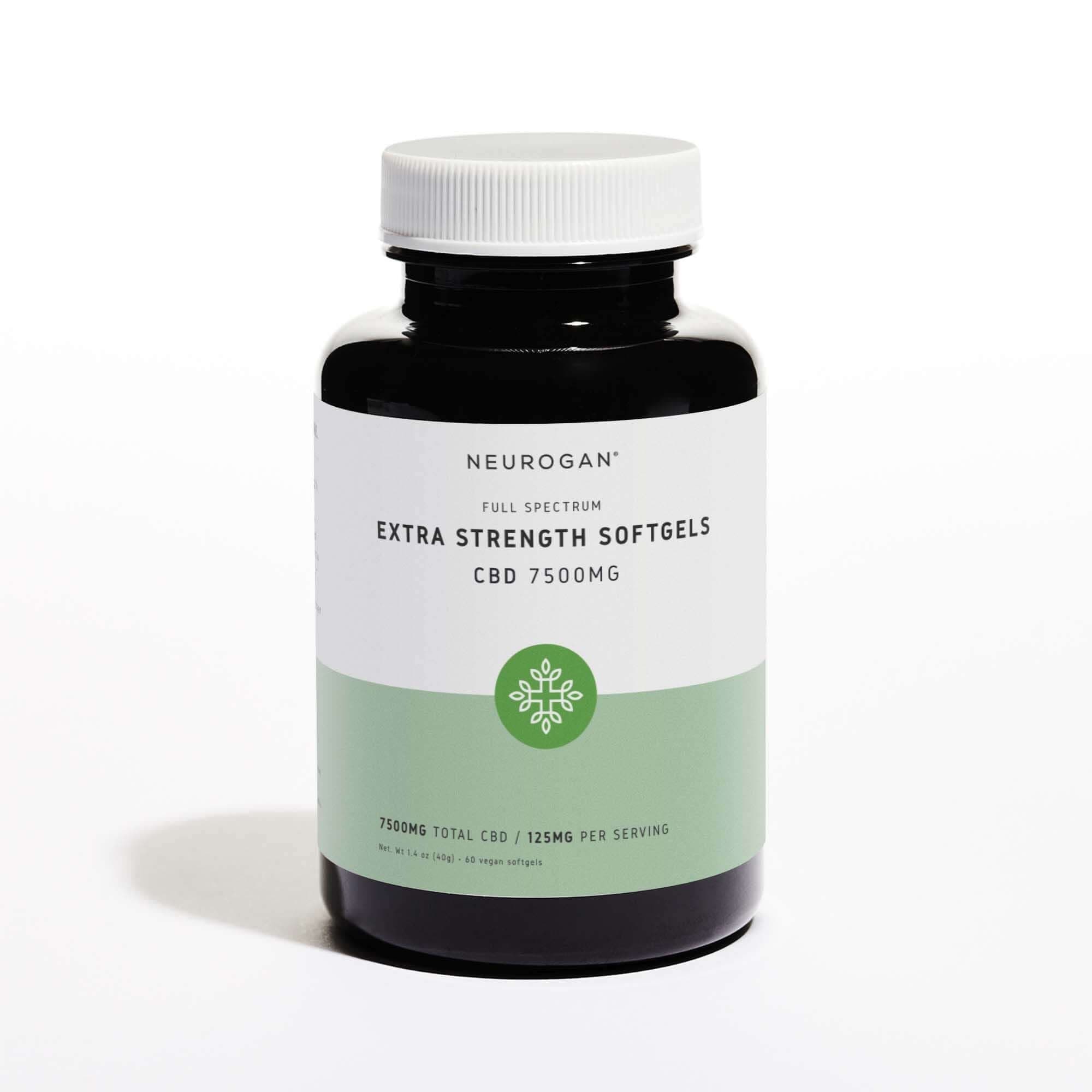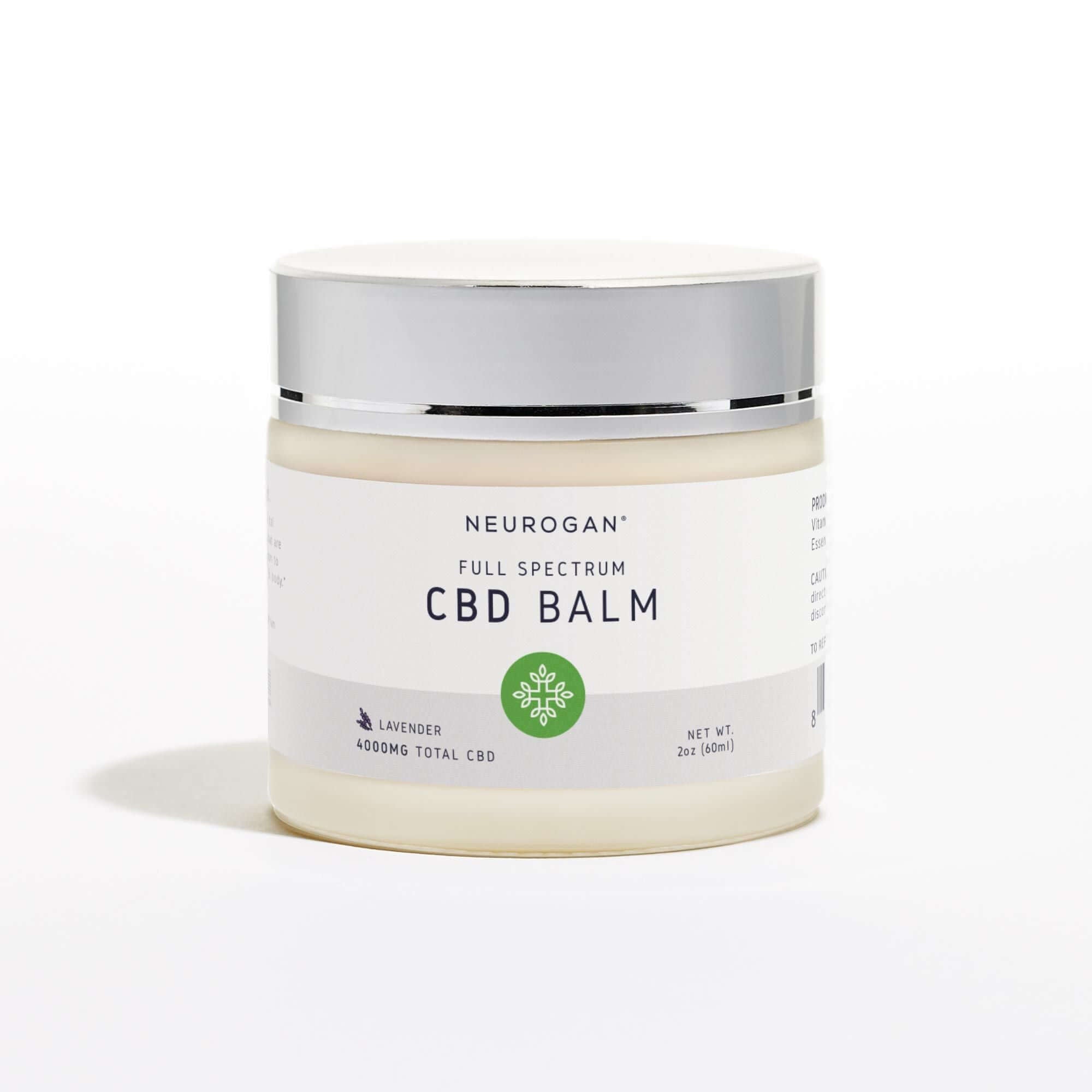You may have already CBDa in your CBD products and not even know it. CBDa (cannabidiolic acid) is a cannabinoid found in raw cannabis plants, but you can sometimes find traces of it in many full spectrum CBD oils.
Raw cannabis is the unprocessed form of the cannabis sativa plant, which exists in its most natural state. The most common way to use the cannabis plant is to dry the cannabinoid and terpene-rich buds and cure it before smoking or cooking it to "activate" the cannabinoids.
However, more researchers are finding that raw cannabis—that hasn't been dried, cured, or heated—may have some unique benefits.
In this article, we'll break down exactly what is CBDa is, how people are using CBDa oil, and look at some of the research on its potential health benefits.
Key Takeaways:
- Cannabidiolic acid (CBDa) is the precursor of the CBD cannabinoid found in raw cannabis flowers.
- CBDa and other acidic cannabinoids have a carboxylic acid group that breaks off when exposed to heat (decarboxylation).
- While most of the research on the benefits of cannabinoids centers around THC and CBD, more scientists are looking at CBDa, THCa, and CBGa and their potential therapeutic applications.
- Early studies of CBDa show that it may be more effective than CBD for applications including, anti-viral potential, preventing nausea and vomiting, and anti-cancer cell migration—but more research is needed outside of murine and Petri dishes to confirm these findings.
What Is CBDa?
CBDa stands for cannabidiolic acid, which is the cannabinoid precursor toCBD. When a cannabis plant is cut, dried, and heated, CBDa converts into CBD.
The process of heating a cannabinoid to remove the carboxylic acid chain is called decarboxylation. For the longest time, it's been believed that all cannabinoids need to undergo decarboxylation in order to feel their effects in the body.
This belief is probably due to THCa's conversion into THC, the primary psychoactive cannabinoid in the cannabis plant. THCa is non-psychoactive, which means you can consume raw cannabis juice made with high THCa and you won't get high. It's only after you release THC's carboxylic acid chain, from smoking or vaporizing the cannabinoid, leaving behind THC that you'll experience its effects.
What Are The Potential Benefits Of CBDa?

CBDa is a non-psychoactive compound found in cannabis plants, and like its better-known counterpart, CBD, it has a wide range of potential therapeutic applications. However, because most cannabinoid research is heavily centered on THC and CBD, substantial research on CBDa is lacking.
Preliminary research in the lab suggests that CBDa may be helpful in five distinct therapeutic areas. These include anti-cancer, anti-viral, inflammation support, mood disorders, and nausea.
While more research is needed to confirm these potential benefits, the early evidence is promising. So if you're looking for a new compound to add to your wellness routine, CBDa just might be worth a try.
CBDa: Anti-Cancer Potential
Metastasis is the progression and spread of cancer cells to other parts of the body, and it's responsible for most cancer-related deaths.
When a cancer tumor grows, it crowds out healthy cells and disrupts the normal function of tissues and organs. The cancerous cells can break away from the tumor and travel through the bloodstream or lymphatic system to other parts of the body.
When they reach a new location, they can form a new tumor.
Metastasis is a very complex process, and it's not fully understood why some cancer cells are much more invasive than others.
Early research suggests that CBDa found in raw cannabis was able to halt the migration of highly invasive breast cancer cells cultured in Petri dishes, which is a promising first step into animal and eventually human trials on the effectiveness of CBDa treatment towards cancer cell growth [1, 2].
Current treatment for metastatic breast cancer typically focuses on slowing the progression of the disease with chemotherapy and relieving symptoms, but there is no cure for the disease.
CBDa: Anti-Viral Potential
Anti-viral compounds prevent viruses from replicating. Many antiviral drugs work by targeting viral enzymes , which are essential for a virus to reproduce and cause infection. Other anti-viral medications work by supporting the immune system to combat the virus.
Anti-viral potential isn't unique to CBDa. There has been numerous cannabinoid research looking at endogenous and exogenous cannabinoid's influence on viral infections in vivo and in vivo trials, and found that the anti-inflammatory activity of cannabinoids may be beneficial in combating viral infection activity [3].
Most recently, a study was published on CBDa and CBGa's potential in blocking the replication of the SARS-CoV-2 (Covid-19) virus.
This study is a fascinating starting point for further exploration into how cannabinoid acids may interact with virus particles [4]. However, it's important to keep in mind that this primary outcome doesn't prove that CBDa or CBGa prevents virus particles from infecting humans. The interactions between cannabinoids and virus particles can get more complicated in larger organism studies, so more research is needed to confirm these grinding. In the meantime, it's best to continue taking all recommended precautions in avoiding infection.
CBDa: Anti-Inflammatorty Potential
Inflammation is a natural response to stress, injury, and infection. It's part of the immune system's response to healing the body and combat invasive compounds by increasing blood flow to the affected area and promoting the repair of damaged tissue.
However, when inflammation persists for a long period of time, it causes a big issue. Chronic inflammation is linked to a number of health problems, including heart disease, diabetes, and cancer.
CBDa may share many of the same benefits as CBD and THC in this regard to potential anti-inflammatory benefits. Researchers found that cannabinoids may inhibit the COX-2 enzyme, which plays an essential role in controlling the inflammation caused by injury and disease [5]. This enzyme is the same target of many over-the-counter and pharmaceutical-grade drugs to treat pain and inflammation.
CBDa: Anti-Nausea Potential
Nausea is the result of a complex interaction between the gut and the brain. It can be triggered by a variety of factors, including certain medications, a virus, or hormones. When something upsets the delicate balance between the gut and the brain, it triggers an area of the brain called the vomiting center. This area is responsible for coordinating all the different muscles involved in vomiting. So basically, when your brain gets the signal that something's not right in your stomach, it tells your muscles to start contracting so that you can get rid of whatever is causing the problem.
The cannabis plant has been a hot topic for a lot of research around nausea behaviors.
In animal studies, CBDa was found to be more effective at preventing nausea and vomiting than CBD through its interactions with the 5-HT1A receptor [6]. Unlike THC, CBDa does not produce psychoactive effects, making it a promising therapy for those who do not wish to experience the high associated with cannabis use.
CBDa: Mood Disorders
When it comes to cannabis, there is a lot of interest in its potential for anxiety, depression, and other mood disorders. The pharmaceutical company, GW Pharmaceuticals already has a patent on CBDa as a potential therapy for psychotic disorders. Research suggests that CBDa may impact serotonin receptors involved in one's sense of wellness and mood [7]. This is encouraging news for those who suffer from mood disorders. However, more research is needed to determine the long-term efficacy of CBDa.
What's The Difference Between CBD and CBDa?
CBD and CBDa are both cannabinoids, compounds found in cannabis plants. CBD is the most well-known cannabinoid, thanks to its widely publicized research on its potential medicinal benefits. CBDa, on the other hand, is a less well-known cannabinoid that is starting to gain attention for its potential health benefits. So, what's the difference between CBD and CBDa?
For one thing, CBD is more stable than CBDa, meaning it won't degrade as quickly when exposed to light or heat. As the precursor compound to CBD, UV exposure and heat will transform CBDa into CBD, which is also why it can be difficult to get ahold of CBDa products.
What Is CBDa Oil Used For?
You can use CBDa oil the same way you would use CBD oil. The best method is to apply the CBDa drops under the tongue, holding it there for 30 seconds before swallowing. This allows the active cannabinoids to enter the bloodstream through the mucous membrane under the tongue for faster and more concentrated absorption.
Make sure you keep your CBDa oil away from direct light and heat, as it can degrade the product, making it less potent in CBDa and higher in CBD.

The Takeaway: Benefits CBDa From Raw Cannabis Flower
Researchers found that heating cannabinoid acid is not always necessary to reap the benefits of the hemp plant. When heated, CBDa decarboxylates into CBD, which is why you won't find high levels of CBDa in smoked or vapeable cannabis products.
Although many studies on CBDa are in their early stages, it may prove to be more effective than CBD in certain situations. Recent studies have shown that CBDa has its own unique set of therapeutic properties.
For example, CBDa has been shown to be a powerful anti-inflammatory agent. In one study, CBDa was found to be more effective at reducing inflammation than both ibuprofen and aspirin. CBDa has also been shown to inhibit the growth of cancerous cells. In one study, CBDa was found to decrease the size of breast cancer tumors in mice. These very early studies suggest that CBDa could be a valuable addition to the medical cannabis arsenal, but more research is needed to confirm these findings and their effectiveness in humans.
FAQ
What is CBDa Oil?
CBDA oil is a hemp-derived product that contains cannabidiolic acid (CBDA), a non-psychoactive cannabinoid found in the raw form of the cannabis plant. It has a similar appearance to CBD oil, however it uses raw hemp extract to keep a higher CBDa concentration. CBDA oil is believed to have potential health benefits similar to CBD oil, including anti-inflammatory and analgesic properties.
Can CBDa Oil get you high?
Like CBD, CBDA doesn't induce any intoxicating effects and will not get you high like THC. CBDA (cannabidiolic acid) is a non-psychoactive compound found in raw cannabis plants, and it does not interact with the brain's cannabinoid receptors in the same manner as THC (tetrahydrocannabinol).
How much CBDa oil you should take?
The optimal CBDa dosage varies depending on several factors such as individual sensitivity, desired effects, and product potency. It is advisable to start with a low dose, half a dropper (0.5ml) of CBDa oil, and gradually increase if needed while closely monitoring your body's response.
What is CBDa good for?
CBDa is been shown to be an excellent anti-inflammatory medication, more effective than both ibuprofen and aspirin in reducing inflammation, as well as lowering cancer cell proliferation and the size of breast cancer tumors in mice. These preliminary findings suggest that CBDa could be a useful addition to the medicinal cannabis arsenal, but more research is needed to confirm these findings and their efficacy in humans.
Do CBDa gummies help with inflammation?
Research shows that CBDa gummies could potentially provide similar pain relief and anti-inflammatory benefits to non steroidal anti-inflammatory drugs (NSAIDs) while reducing the risk of stomach or kidney problems. CBDa has been found to inhibit the COX-2 enzyme, which is associated with inflammation following injury or infection.
Resources:
- Takeda, S., Okajima, S., Miyoshi, H., Yoshida, K., Okamoto, Y., Okada, T., ... & Aramaki, H. (2012). Cannabidiolic acid, a major cannabinoid in fiber-type cannabis, is an inhibitor of MDA-MB-231 breast cancer cell migration. Toxicology letters, 214(3), 314-319.
- Takeda, S., Okazaki, H., Ikeda, E., Abe, S., Yoshioka, Y., Watanabe, K., & Aramaki, H. (2014). Down-regulation of cyclooxygenase-2 (COX-2) by cannabidiolic acid in human breast cancer cells. The Journal of Toxicological Sciences, 39(5), 711-716.
- Reiss, C. S. (2010). Cannabinoids and viral infections. Pharmaceuticals, 3(6), 1873-1886.
- van Breemen, R. B., Muchiri, R. N., Bates, T. A., Weinstein, J. B., Leier, H. C., Farley, S., & Tafesse, F. G. (2022). Cannabinoids Block Cellular Entry of SARS-CoV-2 and the Emerging Variants. Journal of natural products.
- Takeda, S., Misawa, K., Yamamoto, I., & Watanabe, K. (2008). Cannabidiolic acid as a selective cyclooxygenase-2 inhibitory component in cannabis. Drug Metabolism and Disposition, 36(9), 1917-1921.
- Bolognini, D., Rock, E. M., Cluny, N. L., Cascio, M. G., Limebeer, C. L., Duncan, M., ... & Pertwee, R. G. (2013). Cannabidiolic acid prevents vomiting in S uncus murinus and nausea‐induced behaviour in rats by enhancing 5‐HT1A receptor activation. British journal of pharmacology, 168(6), 1456-1470.
- Hen-Shoval, D., Amar, S., Shbiro, L., Smoum, R., Haj, C. G., Mechoulam, R., ... & Shoval, G. (2018). Acute oral cannabidiolic acid methyl ester reduces depression-like behavior in two genetic animal models of depression. Behavioural brain research, 351, 1-3.









